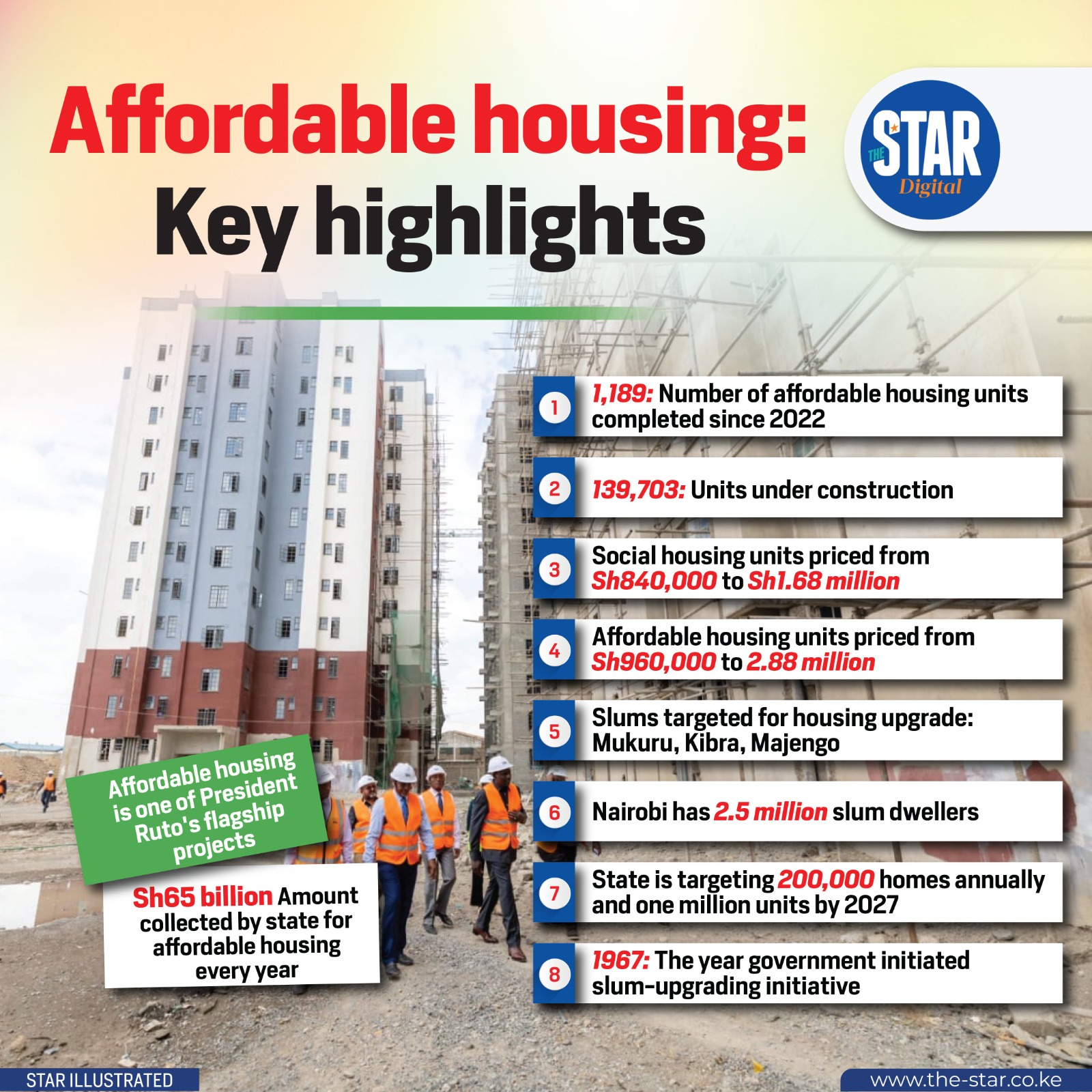The health of any real estate market is intrinsically linked to the broader economic environment. For investors in **real estate in Kenya**, understanding and closely monitoring key economic indicators is not merely an academic exercise; it's a strategic necessity. These indicators provide valuable insights into market trends, potential risks, and lucrative opportunities. At **Vineyard Properties**, we empower our clients with data-driven insights to make optimal investment decisions in the dynamic Kenyan property landscape.
1. Gross Domestic Product (GDP) Growth
GDP growth is arguably the most fundamental economic indicator. A robust and consistent increase in GDP signifies a healthy and expanding economy. In the context of **real estate in Kenya**, sustained GDP growth translates to increased employment, higher disposable incomes, and greater consumer confidence. This, in turn, fuels demand for both residential and commercial properties, leading to higher occupancy rates, rising rental yields, and capital appreciation. Conversely, a slowdown in GDP growth can signal an impending market contraction.
2. Interest Rates and Access to Credit
Interest rates set by the Central Bank of Kenya directly impact the cost of borrowing for mortgages and development loans. Lower interest rates make homeownership more affordable, stimulating demand and encouraging new construction. High interest rates, on the other hand, can dampen demand and make development projects less financially viable. Furthermore, the overall accessibility of credit from financial institutions plays a crucial role. A tightened credit market can stifle activity in the **real estate in Kenya** sector, regardless of underlying demand. **Vineyard Properties** advises clients on navigating the financing landscape to secure competitive rates.
3. Inflation Rates
Inflation, the rate at which the general level of prices for goods and services is rising, has a dual impact on the property market. While moderate inflation can sometimes lead to asset appreciation as people seek to hedge against currency devaluation, high or volatile inflation can erode purchasing power and increase the cost of construction materials, squeezing profit margins for developers. Understanding inflationary trends is critical for pricing properties and forecasting returns in **real estate in Kenya**.
4. Employment Rates and Income Levels
A strong job market with low unemployment rates is a direct driver of housing demand. When people are gainfully employed and their incomes are stable or rising, they have the financial capacity to rent or purchase homes. Growth in specific sectors of the economy can also create localized demand for commercial spaces and specialized residential properties. Monitoring employment statistics and average income levels provides a granular view of the purchasing power within the **real estate in Kenya** market.
5. Urbanization Trends and Population Growth
While not strictly an economic indicator in the traditional sense, urbanization and population growth are demographic forces with immense economic implications for real estate. Kenya's rapid urbanization continues to drive demand for housing, infrastructure, and commercial spaces in cities and their satellite towns. Understanding migration patterns and population projections helps identify areas poised for future growth and investment in **real estate in Kenya**.
6. Government Spending and Infrastructure Projects
Large-scale government infrastructure projects (roads, railways, ports, airports) significantly impact property values in their vicinity. These projects improve accessibility, connectivity, and often attract businesses and residential developments. Monitoring government budgets and planned infrastructure spending can highlight future hotspots for investment in **real estate in Kenya**. The continuity and commitment to these projects, often tied to political stability, are also vital considerations.
Conclusion: Informed Decisions for Sustainable Growth
Investing in **real estate in Kenya** requires more than just identifying an attractive plot or building; it demands a nuanced understanding of the economic currents shaping the market. By diligently tracking GDP growth, interest rates, inflation, employment figures, and government spending on infrastructure, investors can make more informed, strategic decisions. At **Vineyard Properties**, our team of experts provides comprehensive market analysis, blending economic insights with local market knowledge. Partner with us to navigate the complexities and unlock the full potential of your **real estate investments in Kenya**, ensuring long-term value and prosperity. Your journey to successful **real estate in Kenya** investment starts with accurate information and expert guidance.



